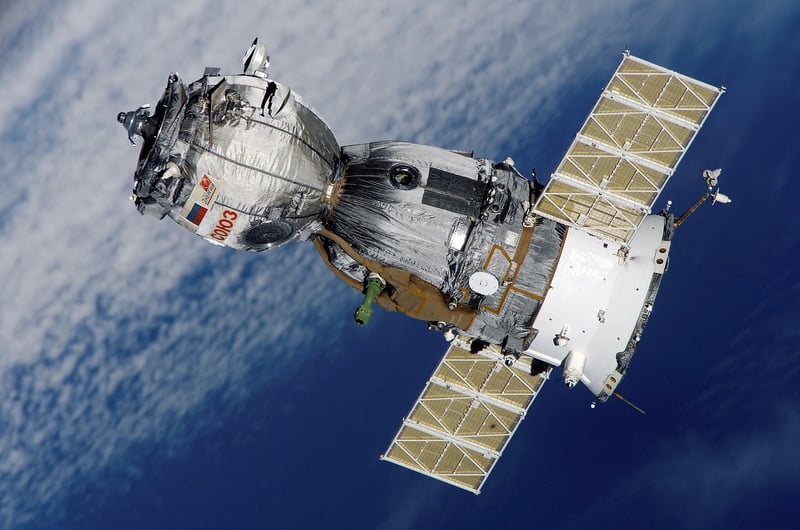Spacecraft Design
Innovations in Space Exploration and Spacecraft Design
As humanity continues to push the boundaries of space exploration, innovations in spacecraft design play a pivotal role in enabling exciting missions beyond Earth's atmosphere. From cutting-edge propulsion systems to advanced materials, here are some of the latest breakthroughs shaping the future of space exploration.
1. Electric Propulsion Systems
Electric propulsion systems, such as ion and Hall-effect thrusters, are revolutionizing space travel by providing efficient and long-lasting propulsion capabilities. These systems utilize electric power to accelerate propellant particles to high speeds, offering significant fuel savings compared to traditional chemical rockets.
2. Additive Manufacturing
Also known as 3D printing, additive manufacturing is transforming spacecraft design by allowing engineers to create complex and lightweight components with unprecedented precision. This technology enables rapid prototyping and customization, leading to faster development cycles and reduced costs.
3. Autonomous Navigation
Autonomous navigation systems empower spacecraft to make real-time decisions without human intervention, enhancing efficiency and enabling more ambitious missions. By leveraging sensors, cameras, and artificial intelligence algorithms, spacecraft can navigate complex environments with precision.
4. Inflatable Habitats
Inflatable habitats offer a lightweight and compact living space for astronauts during long-duration missions. These expandable structures can be easily transported and deployed in space, providing a comfortable and functional environment for crew members to live and work.
5. Aerogel Insulation
Aerogel, a lightweight and highly insulating material, is revolutionizing spacecraft thermal protection systems. By incorporating aerogel insulation, spacecraft can withstand extreme temperatures during atmospheric reentry or close proximity to the Sun, ensuring the safety of both crewed and robotic missions.
Conclusion
The constant evolution of spacecraft design and technology is opening new possibilities for exploring the cosmos and expanding our understanding of the universe. With ongoing research and development, the future of space exploration holds exciting prospects for humanity's journey to the stars.
Explore more about space innovations and spacecraft design on NASA's Technology website.

